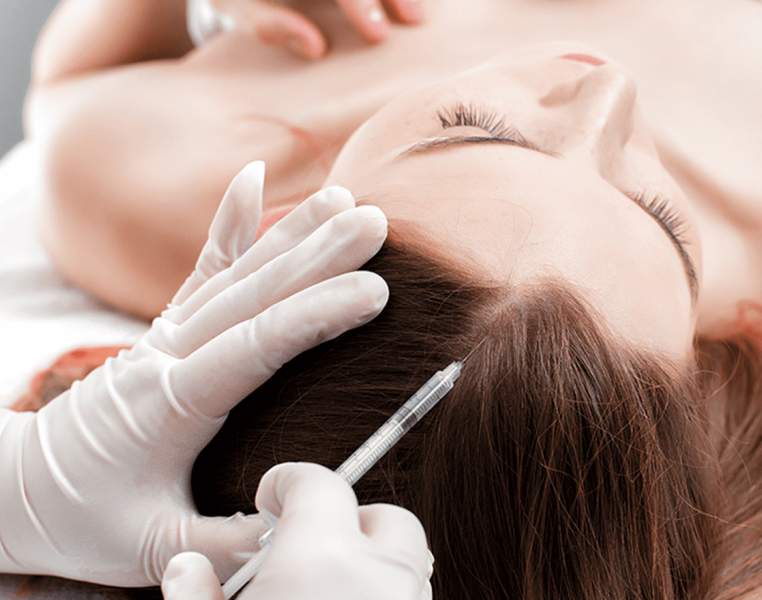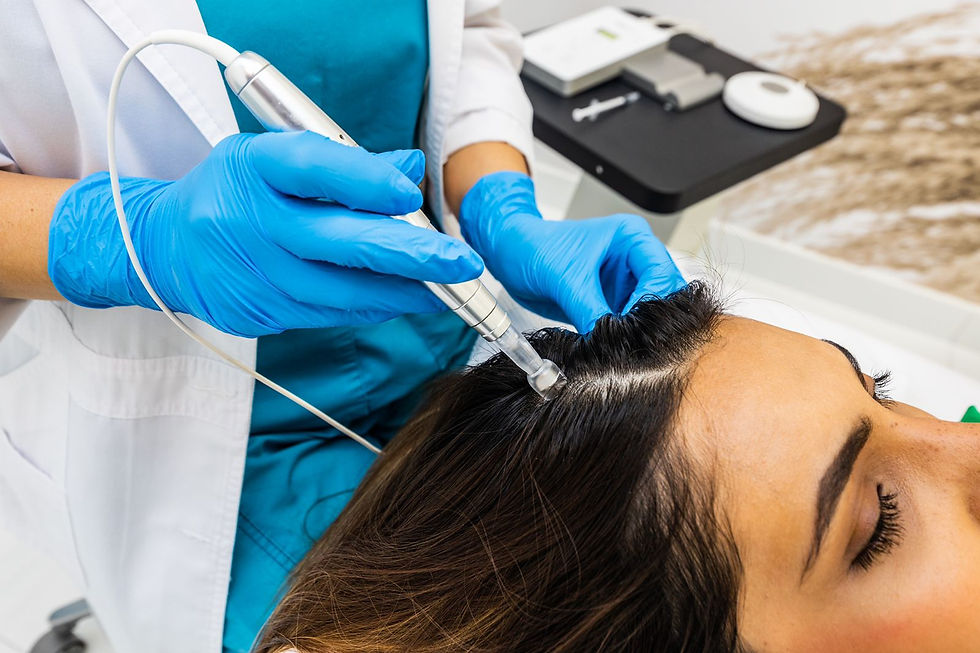Hair loss is an issue that affects both men and women across various age groups. The emotional impact of thinning hair or bald patches can be profound, influencing self-esteem and confidence. Fortunately, modern advancements have made hair restoration more attainable and effective than ever. Understanding the causes, diagnosis, and available Hair Loss Treatment Dubai can guide individuals toward achieving renewed hair density and regrowth.
Understanding Hair Loss
Hair loss, medically known as alopecia, can be triggered by a wide range of factors. These include genetics, hormonal fluctuations, nutritional deficiencies, chronic stress, autoimmune conditions, and environmental factors. For some, it may begin with a gradual thinning at the crown, while for others, it may present as sudden hair shedding or patchy bald spots. Understanding the underlying cause is essential for selecting the most suitable path to regrowth.
The Role of Genetics in Hair Thinning
One of the most common causes of hair thinning is hereditary. Known as androgenetic alopecia, this form of hair loss typically progresses over time and follows a predictable pattern. In individuals with a genetic predisposition, the hair follicles gradually shrink, leading to shorter and finer hair strands until they eventually cease to produce visible hair.
Hormonal Shifts and Hair Density
Hormones play a crucial role in the hair growth cycle. Changes in hormone levels due to aging, thyroid issues, or other endocrine disorders can disrupt this cycle, resulting in shedding or thinning. Women may notice changes in hair thickness due to pregnancy, menopause, or birth control adjustments, while men may experience male-pattern thinning from an earlier age.
Nutritional Impact on Hair Health
Hair follicles require a steady supply of nutrients to remain healthy and productive. Deficiencies in iron, protein, zinc, or vitamins such as biotin and vitamin D can negatively affect the growth cycle. A balanced diet is essential for supporting follicle vitality and promoting new strand formation.
Stress and Its Effect on Hair
Physical and emotional stress can significantly impact the hair growth cycle. Telogen effluvium is a form of temporary hair loss that can result from surgery, high fever, major life changes, or intense psychological distress. This condition causes more hairs to enter the shedding phase, which can lead to visible thinning weeks or months after the stressful event.
Common Signs That Require Attention
Recognizing the early signs of hair loss can be crucial for timely intervention. These may include a widening part line, a receding hairline, excessive hair left on pillows or in the shower drain, or visible scalp in previously dense areas. Taking action early allows for more treatment options and potentially better outcomes.
Diagnostic Steps Before Treatment
Before beginning any course of treatment, a comprehensive evaluation is necessary. This process includes analyzing the pattern of hair loss, reviewing personal and family medical history, and conducting tests that assess hormonal levels and nutritional status. Accurate diagnosis enables tailored strategies that address the root cause effectively.
Innovations in Hair Restoration
Technological progress has opened doors to sophisticated and minimally invasive approaches to hair regrowth. These methods aim to awaken dormant follicles, improve circulation to the scalp, and boost follicle activity. The focus is now on enhancing natural regrowth potential through precision-targeted strategies.
Techniques That Support Follicular Health
Several modern techniques are designed to invigorate follicles and stimulate healthier hair cycles. Some methods use concentrated proteins to rejuvenate thinning areas, while others involve targeted energy or light therapy to trigger regenerative processes within the scalp. These procedures are non-invasive and are often selected for their ability to complement the body’s natural functions.
Personal Care and Scalp Maintenance
In addition to specialized treatments, adopting a healthy scalp care routine can make a significant difference. Keeping the scalp clean, hydrated, and free of buildup helps maintain an optimal environment for follicles. Gentle massage and exfoliation also promote blood flow and enhance follicular activity.

Embracing Hair Regrowth with Confidence
Many individuals find themselves discouraged by early signs of hair thinning, but with proper understanding and proactive care, improvement is possible. A renewed sense of self-esteem often accompanies restored hair density. Progress can be gradual, requiring patience and consistency, but the results are often rewarding.
Psychological Benefits of Hair Restoration
Beyond the physical changes, restoring hair can have a profound impact on mental well-being. Individuals often report improved mood, better self-image, and a renewed sense of control over their appearance. This emotional uplift can positively affect personal and professional relationships.
Commitment to Consistency
Consistency is key when embarking on a regrowth journey. Whether pursuing light-based therapies, scalp stimulation, or other modalities, regular application and adherence to professional guidance yield the best outcomes. Patience plays a vital role, as visible results may take months to emerge.
Lifestyle Choices That Support Healthy Hair
Daily habits have a significant impact on hair health. Hydration, quality sleep, regular physical activity, and reduced exposure to pollutants all contribute to optimal follicle performance. Managing stress through meditation or mindfulness practices can also help prevent disruption to the hair growth cycle.
Recognizing When Change Is Happening
Visible signs of progress may include reduced shedding, improved strand thickness, and regrowth along the hairline or crown. While some may notice these changes within a few weeks, others may experience slower improvement. Staying committed to the process and celebrating incremental gains is important.
Creating a Future of Confidence
Hair regrowth is not merely a cosmetic transformation—it represents a journey toward restored confidence and self-assurance. Whether addressing mild thinning or more advanced cases, the focus should always be on promoting long-term hair vitality through informed, science-backed strategies.
The Power of Knowledge in Hair Restoration
Understanding the mechanisms of hair loss empowers individuals to take control of their regrowth path. Being informed allows for better decisions, greater commitment, and the ability to track progress more effectively. Knowledge truly becomes a powerful ally on this journey.
Building a Personalized Plan
Every hair regrowth journey is unique. By identifying the contributing factors and choosing a personalized combination of techniques, individuals can achieve healthier, fuller hair over time. Collaboration with trusted professionals and clear goal-setting support a successful outcome.
Understanding the Hair Growth Cycle
The hair growth cycle consists of three primary stages: anagen (growth), catagen (transition), and telogen (resting). Disruptions in this cycle can result in increased shedding or reduced hair growth. Hair Loss Treatment in Dubai are designed to encourage more follicles to remain in the growth phase for longer periods, leading to thicker and denser hair coverage.
Looking Ahead with Optimism
Hair restoration is a path marked by hope, resilience, and positive transformation. With the right approach and mindset, individuals can reclaim their hair’s vitality and embrace the journey with confidence and pride. The future holds promise for those ready to unlock the secret to regrowth.
